On Friday, October 10, 2025, at 8:05 PM UTC, a video broadcast by Deutsche Welle confirmed that María Corina Machado, a 58‑year‑old Venezuelan opposition activist and industrial engineer, had been awarded the 2025 Nobel Peace Prize. The committee said the prize recognises her three‑decade‑long non‑violent resistance against the Maduro regime. Machado, who currently lives in hiding to avoid persecution, instantly became the focus of worldwide attention.
Background: A Life Built Around Resistance
Machado’s public activism began in 1992 when she founded the Atenea Foundation in Caracas to help street children. Six years later, she co‑founded Sumate, an NGO dedicated to free and fair elections. In the 2010 parliamentary race she captured 209,461 votes – the highest tally of any candidate that year – and served in the National Assembly until her forced expulsion in March 2014.
The expulsion came after she addressed the Permanent Council of the Organization of American States in Washington, D.C., denouncing systemic human‑rights violations. The next day, Diosdado Cabello, then president of the Assembly, removed her without due process – a move later condemned by an OAS resolution.
Since then Machado has helped shape two opposition blocs: Vente Venezuela, which she coordinates, and the broader coalition SoyVenezuela, co‑founded with former Caracas mayor Antonio Ledezma and ex‑U.N. envoy Diego Arria. Between 2017 and 2024 the platform organised 17 major protest movements, the most notable being the April 2019 uprising that saw 1.2 million people take to the streets across 23 states.
The Nobel Committee’s Decision
In a brief statement released on the same evening, a spokesperson for the Nobel Committee explained, “We honour Ms. Machado for her steadfast commitment to non‑violent struggle, her advocacy for democratic institutions, and her courage in the face of relentless repression.” The decision arrives at a tense moment: hyper‑inflation peaked at more than 1,000,000 % annually in 2018, and the United Nations estimates that 94 % of Venezuela’s 28.2 million residents live in humanitarian distress.
Machado’s engineering background – a bachelor’s degree from Simón Bolívar University in 1991 – is often cited as the source of her systematic approach to activism. Her colleagues note that she treats the fight for democracy like a complex project: define scope, allocate resources, and monitor outcomes.
Reactions from Caracas and Beyond
President Nicolás Maduro refused to comment, issuing a terse statement through the Ministry of Popular Power for International Relations, which called the Nobel award “an external interference in Venezuelan affairs.” Meanwhile, the Bolivarian National Intelligence Service (SEBIN) reportedly intensified surveillance of Machado’s known contacts.
Opposition leaders, however, welcomed the honor. Antonio Ledezma told DW, “This is not just a victory for María, it’s a victory for every Venezuelan who still believes in a free society.” Diego Arria added, “The Nobel Prize shines a spotlight on the humanitarian crisis that the world cannot ignore.”
Internationally, the United States, European Union, and several Latin American governments issued statements applauding the decision and urging the Venezuelan regime to release political prisoners.
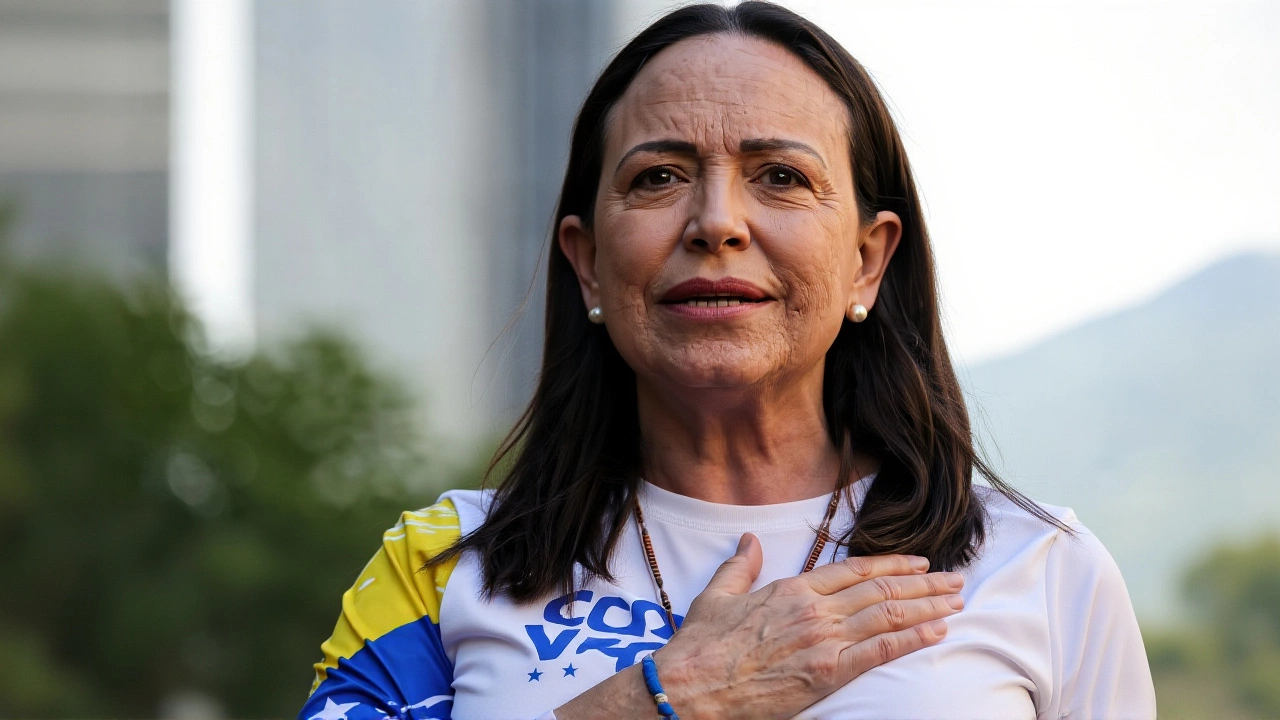
Implications for Venezuela’s Democratic Struggle
The Nobel award could reshape the calculus of both supporters and detractors. For the regime, the heightened scrutiny makes any further crackdowns riskier on the diplomatic stage. For the opposition, the prize supplies a morale boost and a platform to press for the release of political detainees.
- Refugee numbers: 7.7 million Venezuelans have fled since 2015, creating the largest displacement crisis in the Western Hemisphere.
- Economic collapse: GDP contracted by 30 % between 2017 and 2022, with inflation averaging 250 % per year after 2018.
- Political bans: A 2018 disqualification order bars Machado from holding public office until 2030; the Inter‑American Commission on Human Rights called the ban “politically motivated.”
Analysts argue that the Nobel Prize may force the Supreme Tribunal of Justice to reconsider its past rulings, especially the June 19, 2024 decision that blocked Machado’s presidential bid on “moral unfitness” grounds.
What’s Next: The Oslo Ceremony and Future Outlook
The formal award ceremony will take place in Oslo on December 10, 2025, where Machado is expected to deliver a speech via video link from a secure location in Venezuela. Security experts say the Nobel Committee has arranged a “virtual safe‑room” to protect her identity during the broadcast.
Beyond the ceremony, the real test will be whether the international spotlight translates into tangible pressure on the Maduro government. Human‑rights NGOs are already mobilising a “Nobel‑backed” campaign to demand the release of all political prisoners and the restoration of free elections.
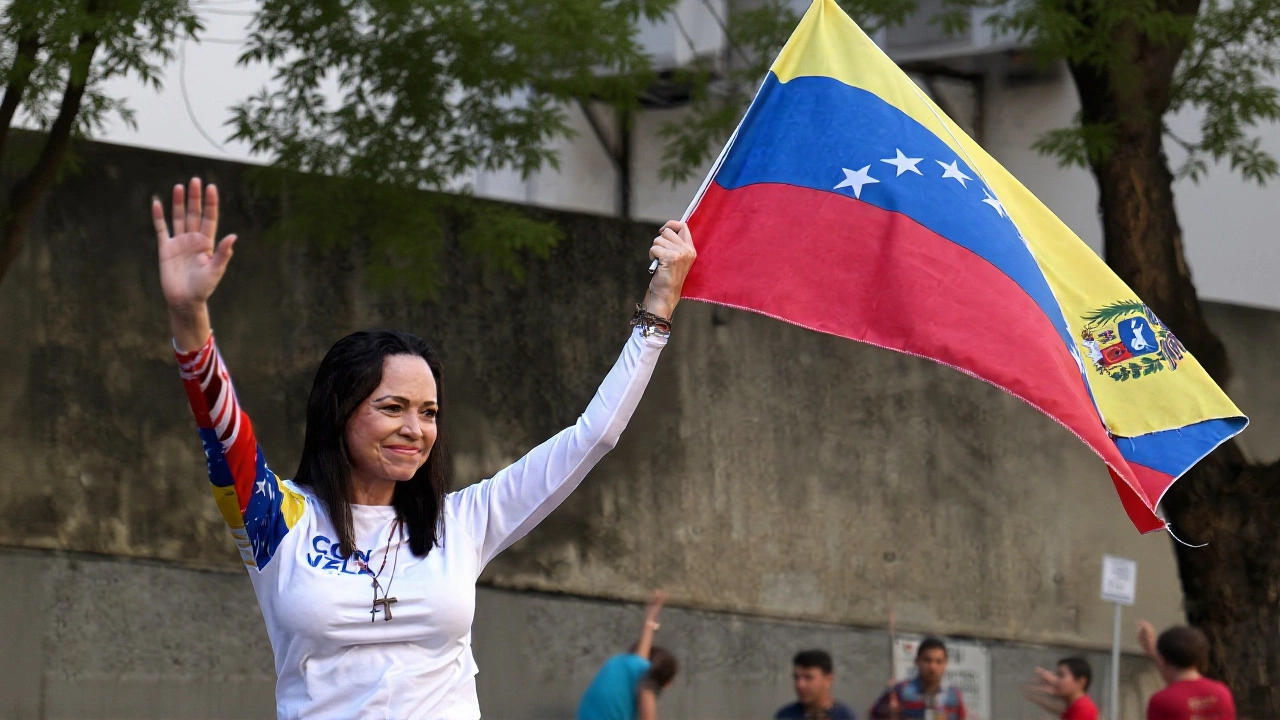
Historical Context: Nobel Peace Prizes and Authoritarian Regimes
Machado joins a short list of laureates who have been recognized while living under authoritarian rule – Aung San Su Kyi (2009) and Liu Xiaobo (2010) are the most prominent examples. In each case, the prize amplified global awareness, though outcomes varied. Scholars note that the Nobel’s moral authority can “create a diplomatic corridor” that opposition movements can use to negotiate.
For Venezuela, a nation that has not seen a Nobel laureate in any category since the prize’s inception in 1901, the award is a historic moment that could reshape the country’s narrative on the world stage.
Frequently Asked Questions
How does the Nobel Peace Prize affect Venezuela’s opposition movement?
The prize gives the opposition a powerful international platform, drawing media attention and diplomatic pressure that can be leveraged to demand the release of political prisoners and to push for new, free elections. It also boosts morale among activists who have faced years of repression.
What were the main reasons the Nobel Committee cited for awarding Machado?
The committee highlighted her 33‑year commitment to non‑violent resistance, her role in documenting human‑rights abuses, and her effort to keep democratic institutions alive despite systematic intimidation by the Maduro regime.
Will María Corina Machado be able to attend the ceremony in Oslo?
Because she lives in hiding inside Venezuela, the Nobel Committee has arranged for her to deliver a pre‑recorded video address from a secure location. Security teams are monitoring the transmission to protect her identity.
What has been the reaction of the Venezuelan government?
The Maduro administration has dismissed the award as foreign interference, issuing a brief statement through its foreign ministry. Behind the scenes, SEBIN has reportedly increased surveillance of known opposition contacts.
How might the prize influence future elections in Venezuela?
International attention could pressure the National Electoral Council to relax restrictions on opposition candidates. However, whether the regime will concede any electoral reforms remains uncertain; the prize mainly raises the stakes for future diplomatic negotiations.
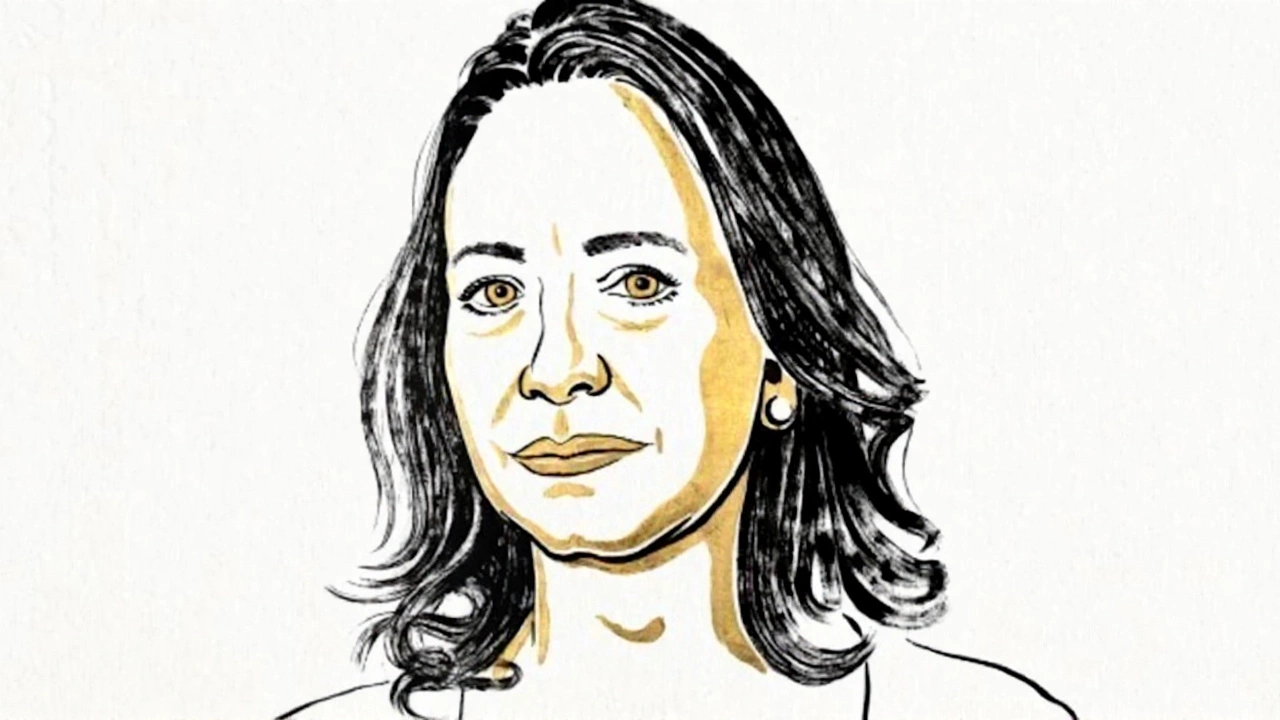
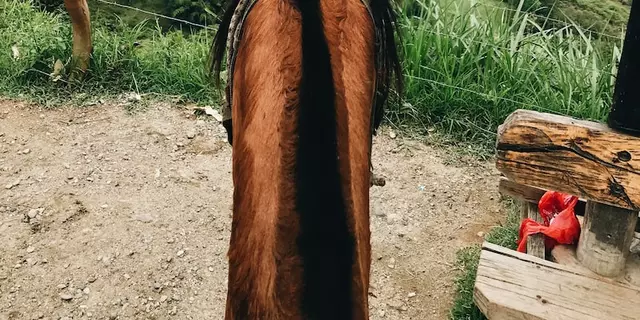

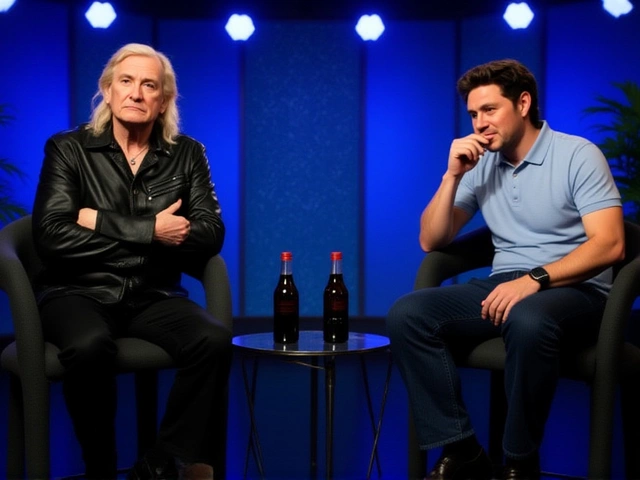
Write a comment